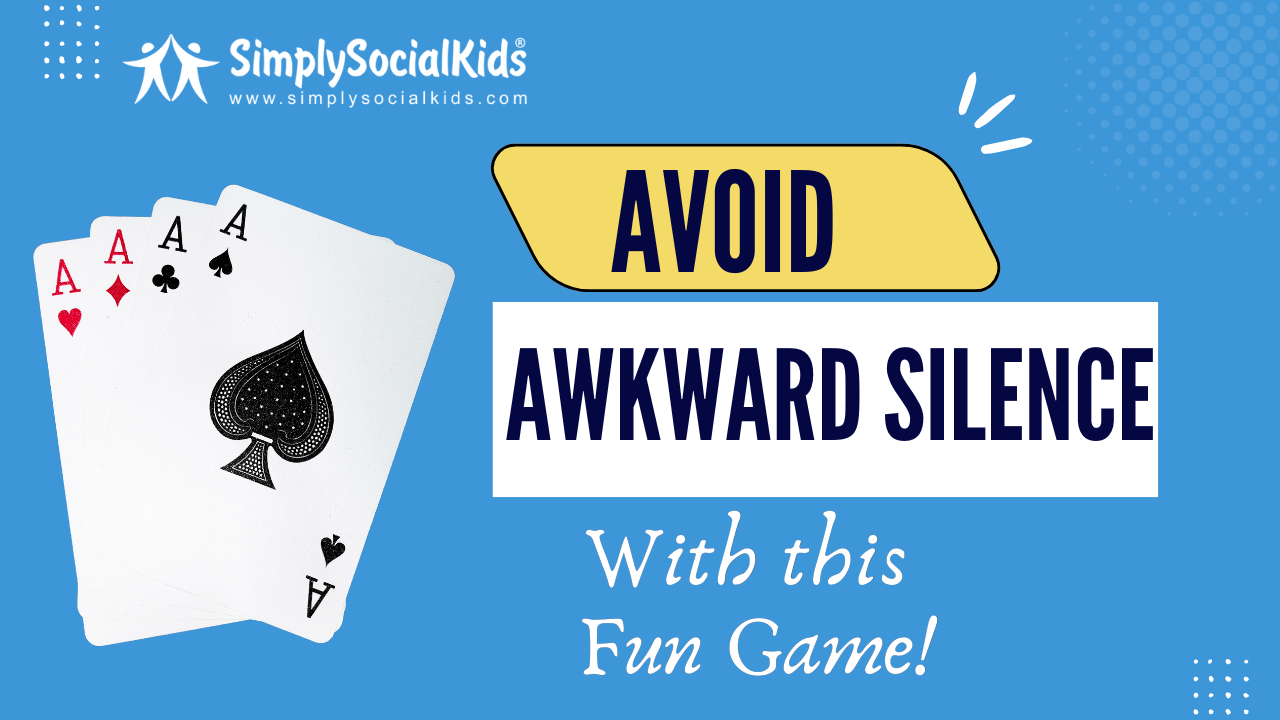

Playtime holds a special place in a child’s world, but it can present unique challenges for kids with high-functioning autism (HFA), anxiety, ADHD, and/or obsessive-compulsive disorder (OCD). Our role as social skills coaches is to help kids with these struggles on how to navigate social interactions during play. In this blog, we will explore tips and strategies to support children in developing their social skills so they can enjoy fulfilling playtime experiences.
In our social skills groups, we routinely observe how rigid thinking can have a negative impact on friendships and put a damper on playtime. For this blog, we created a composite child named Kyle who represents several of the kids that we are currently coaching.
Despite the challenges posed by his HFA, anxiety, and OCD, Kyle’s desire to engage in playtime adventures was undiminished. His latest favorite game was playing grocery store, but his friend, Lily, had a different idea—she suggested playing restaurant, and even proposed the concept of a restaurant within the grocery store. However, Kyle’s response was far from enthusiastic. Frustrated, he refused to participate, opting instead to sit alone on a comfortable bean bag, watching as his friend happily played with another child. It was evident that Kyle yearned for a sense of belonging and the joy of shared play.
Recognizing the importance of fostering social skills in children like Kyle, we offer the following tips to help guide him toward more fulfilling playtime experiences:
Encouraging children to consider others’ perspectives can foster empathy and understanding. By helping Kyle imagine how Lily might feel when he insists on playing his way, he can begin to grasp the importance of considering different viewpoints. Our in-the-moment coaching allows Kyle to learn and then practice this social skill.
Flexibility is a valuable skill that enhances social interactions. Encourage Kyle to start small by introducing gradual changes to his preferred activities. Over time, this will help him adapt and find joy even in slight variations.
Teach Kyle problem-solving techniques that empower him to find solutions when conflicts arise during play. Encourage him to express his feelings using “I” statements and to listen actively to his friends’ perspectives. Together, explore alternative solutions that allow both Kyle and his friend to find a middle ground where they can enjoy their playtime.
Effective communication is key to resolving conflicts and understanding others’ needs. We encourage Kyle to express his preferences and interests, while also emphasizing the importance of listening to his friend’s ideas. We teach him to use polite and respectful language during conversations, even when he disagrees with someone.
Create opportunities for Kyle and his friend to engage in a collaborative activity that combines elements of both grocery store and restaurant play. For example, they could pretend to be customers at a restaurant within the grocery store. This allows both children to integrate their interests and fosters a sense of teamwork and compromise.
Praise and reinforce his efforts when he demonstrates these skills, and provide gentle reminders when he struggles. Positive reinforcement will motivate him to continue developing his social skills.
Consider involving a therapist or counselor experienced in working with children on the autism spectrum, anxiety, and OCD. They can provide additional strategies and guidance tailored to Kyle’s specific needs, ensuring he receives the support necessary for his social development. Many of our clients receive mental health services in addition to our coaching.
Navigating social situations can be challenging for children with HFA, anxiety, and OCD, but with patience, understanding, and targeted strategies, positive social interactions can be fostered. By promoting flexibility, empathy, and effective communication, we can help children like Kyle enjoy more fulfilling play experiences, develop valuable social skills, and build lasting friendships. Remember, every small step towards progress is a victory worth celebrating.
Note: It is important to remember that each child is unique, and strategies may need to be tailored to meet their individual needs. Consulting with professionals who specialize in working with children on the autism spectrum, anxiety, and OCD can provide valuable insights and guidance specific to your child’s situation.
If your child/teen/young adult needs coaching to help them make friends, contact us to schedule a trial https://calendly.com/simplysocialkids/30min or find out more about our weekly programs by contacting us at 978-764-2758 or info@simplysocialkids.com.






